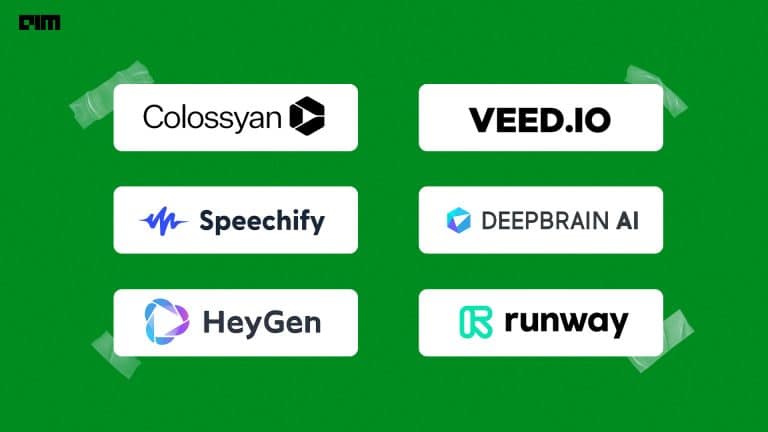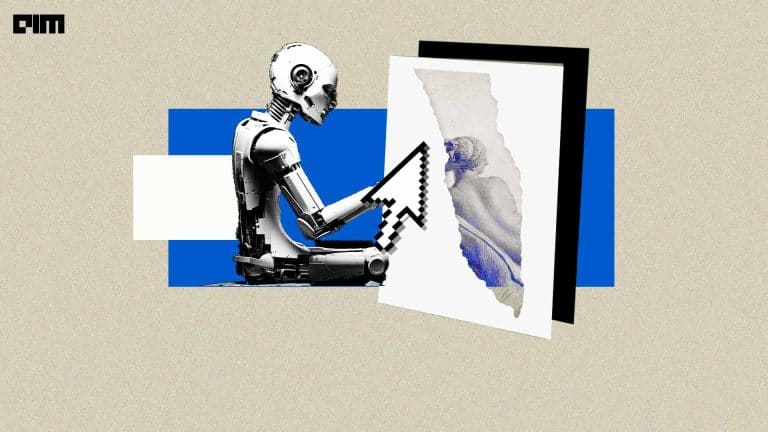|
Listen to this story
|
On October 25, Shutterstock announced its collaboration with Open AI, the AI-powered image generation platform, to expand its database and allow users to create images for prompts that aren’t already a part of its library. In integrating Dall-E 2 to their platform, Shutterstock aims to leverage upon the growing popularity of AI art. The announcement came merely a month after reports claimed that Shutterstock was removing AI-generated images from their platform over copyright concerns.
Shutterstock versus Getty Images
To facilitate fair use of the licensed stock images, Shutterstock has revealed that it will compensate every artist whose work has been used as training data for AI-generated images. The revenue share model also includes giving artists their fair share, in form of royalties, each time their art is used. However, there is no information yet over the precise nature of this model. The company has also claimed that it will launch a contribution fund to compensate these artists whose works are to be used as AI datasets.
The launch of the contribution fund received criticism online for treating artists only as a means to an end and not as the rightful owner of the images. It came to be seen as ‘token representation’ for the company to avoid scrutiny over their image use policy. See, for example, this tweet by John Robb, which is a measure of this sentiment:
"launching a fund to reimburse Shutterstock creators whose images are sold to train AI art models"
— John Robb (@johnrobb) October 25, 2022
Ad hoc solutions (as in, alms for the poor) for AI appropriation instead of #dataownership https://t.co/S0sr9M3zjI
Paris Marx, host of the podcast ‘Tech Won’t Save Us’, also wrote along the same lines:
Shutterstock will sell AI art, cutting out artists and photographers, but don’t worry: it also created a “Contributor Fund” for PR purposes to throw a few pennies in their direction. https://t.co/ArvWcuKs2A
— Paris Marx (@parismarx) October 25, 2022
Few weeks ago, Open AI claimed that Dall-E 2 is able to generate two million images in a day. To put this in perspective, Shutterstock has a catalogue of 415 million images built through decades, whereas Getty has about 80 million images. The AI image generator will only need eight months to produce an output that equals Shutterstock and Getty combined. But, now with Shutterstock’s partnership with Open AI, the disparity between the stock image site and AI-generative platform seems null.
In a recent interview, Getty Images CEO Craig Peters, expressed apprehension towards organisations moving to sell AI images bypassing still unanswered questions on copyright: “I think we’re watching some organisations and individuals and companies being reckless.” Peters further added that, “I think that’s dangerous. I don’t think it’s responsible. I think it could be illegal.”
However, it was also reported that Getty Images has partnered with Israeli firm ‘Bria’ to assimilate AI-based image editing tools on its platform where users could transform images according to their specific needs.
Who will win?
These stock image giants have taken completely opposite paths in response to the current boom of AI-produced content. While Shutterstock embraced the threat caused by the AI-generative models, Getty Images has remained fairly cautious about it—sticking to their stance on banning all AI images from their site, citing copyright concerns.
Instead of having an AI tool create an image from scratch, Getty’s partnership with Bria shows that it plans to give its users the opportunity to edit the existing stock images to their liking. In the context of the platform’s adoption of the AI image editing tool, Getty’s CEO said: “To stay relevant in the world of AI, an image can no longer remain static but become dynamic, and now the user gets the image he or she wants”.
Many have called Getty’s refrain from including AI-generated images in its library as acting “against technology”, while some find its “old-fashioned” approach sensible for the platform.
As of now, it is difficult to say which of the two stock image sites are going to benefit the most from their respective AI integration.
Shutterstock has claimed that their use of generation technology is grounded in ethical practices, but haven’t yet been transparent on the compensation for artists. In addition, considering the breadth of its stock images used as the training data for Dall-E 2 since 2021 along with the monetary incentives stock photographers will receive from Shutterstock—it will not be surprising if it performs exceedingly well in comparison to other free AI image generative tools.
Getty’s position on AI images, on the other hand, has been received with immense scepticism. A general belief among many is that Getty will eventually come around. GitHub’s Chriscreama Warren, for instance, writes, “I fully expect Getty will eventually buy or make its own AI thing trained on its own photography or stock stuff (or a subset anyway) that they can licence and sell. It’s just too lucrative to ignore”. However, in avoiding the persistent copyright threat associated with AI-generative images, and consequently, the revenue model surrounding it, Getty may place themselves as a more economical option to stock images.



















































































